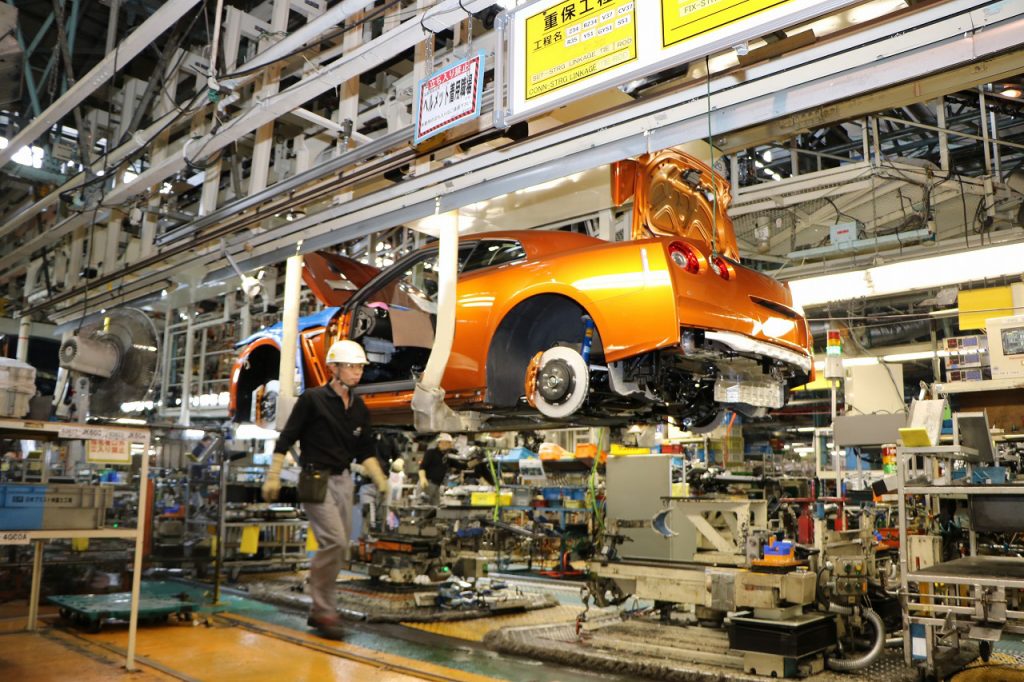Nissan Shuts Tennessee Plant Due To Malaysian Covid Crisis
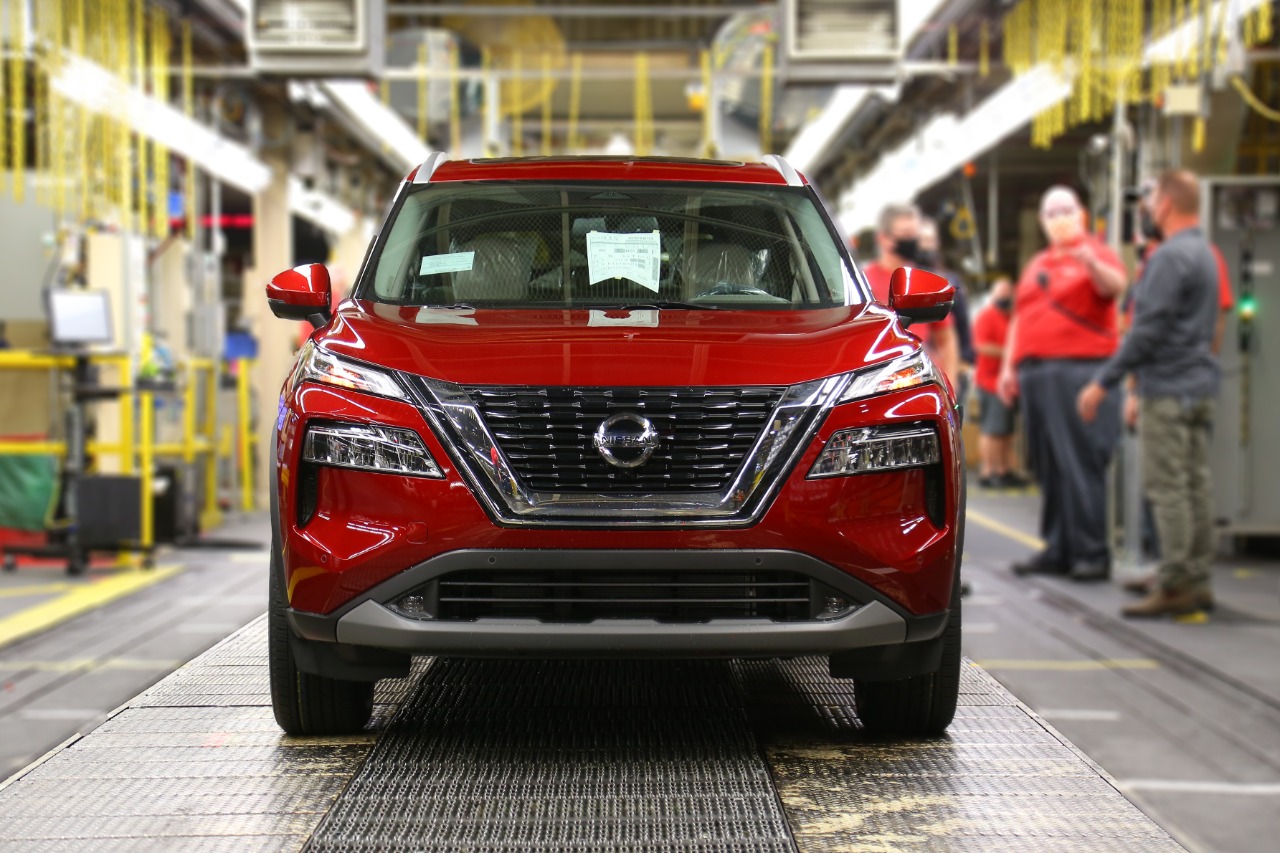
This is as factory making the chips for Nissan over here has been shut during the ongoing MCO.
Nissan has recently announced that its Tennessee production plant in Smyrna will be shut for two weeks starting next Monday (16th August), due to a lack of semiconductor chips that supposedly were to arrive from Malaysia.
According to a statement by Nissan in regards to this matter, the Japanese automaker confirms that its North American plant has already exhausted its existing supply of chips, and is waiting on a shipment to be sent from Malaysia. Due to a Covid-19 outbreak at the chip factory and the ongoing local lockdown however, this delivery is currently expected to be somewhat delayed.
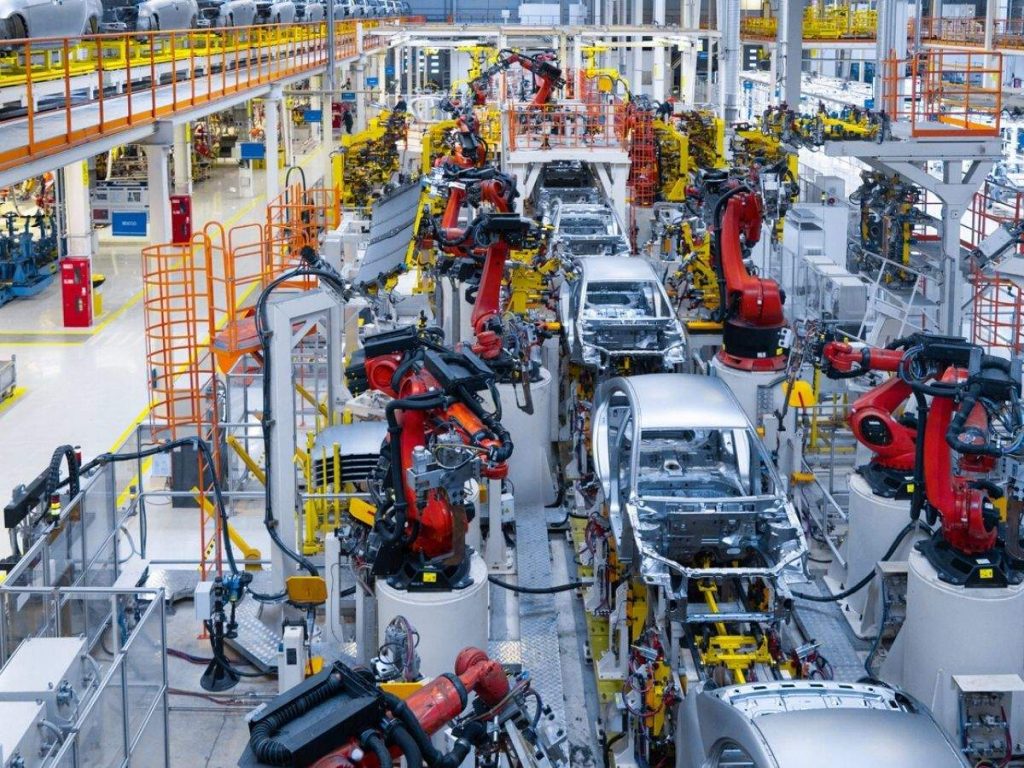
The 6 million-square-foot Tennessee factory employs 6,700 people and currently produces six Nissan models, which the Rogue crossover and the Leaf EV. In fact, over 14 million vehicles have been produced over there ever since it began operations in 1983.
What is perhaps more related to this topic at hand however is the more serious matter of this plant closure being among the longest at any major North American auto production since the semiconductor shortage started to hit in earnest late last year. It is nevertheless worth highlighting though that Nissan is far from the only one suffering in this crisis, with the likes of Land Rover and Subaru having also had to recently force their plants to lay idle because of the lack of chips.
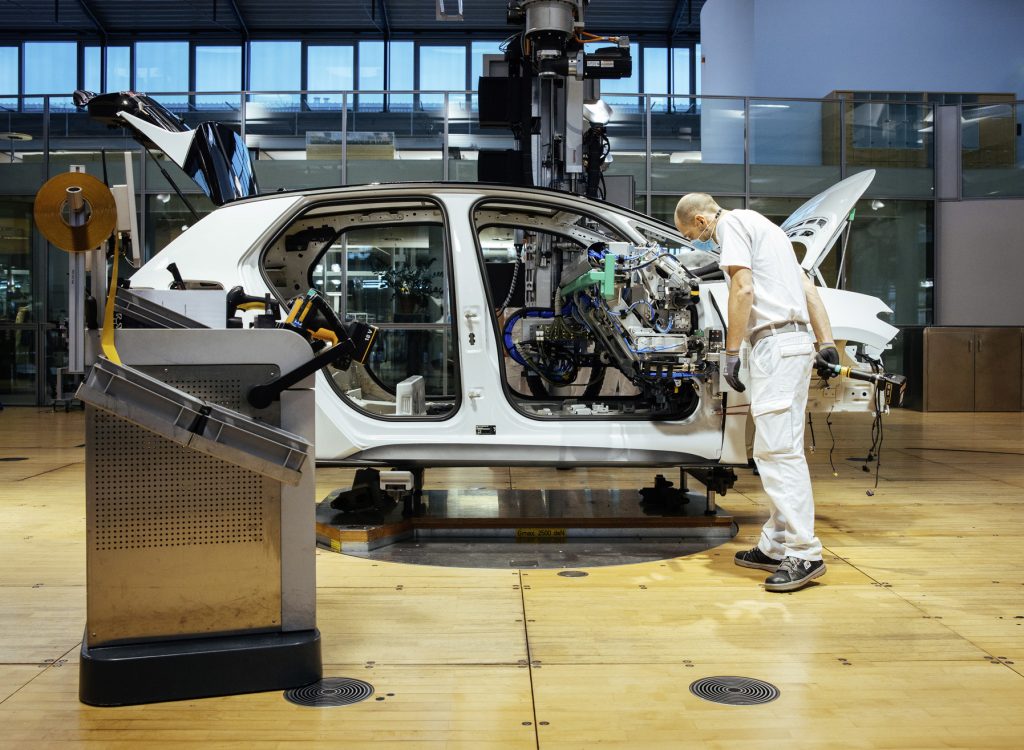
Rather more worrying too, there has not been any concrete end date in sight for when either crises — Covid-19 and the semiconductor shortage — will be resolved. Having said that though, many in the industry are not optimistic for auto production to return to pre-pandemic levels before the end of next year.
This is simply because despite the chip supply situation having improved slightly in recent months, the Delta variant of Covid-19 that hit Asia particularly hard has caused factories in various regions ceasing their operations once more in order to comply with the local lockdown measures. Automakers therefore are back to the same sticky situation as last year, with some potentially being worse off now than they were before.
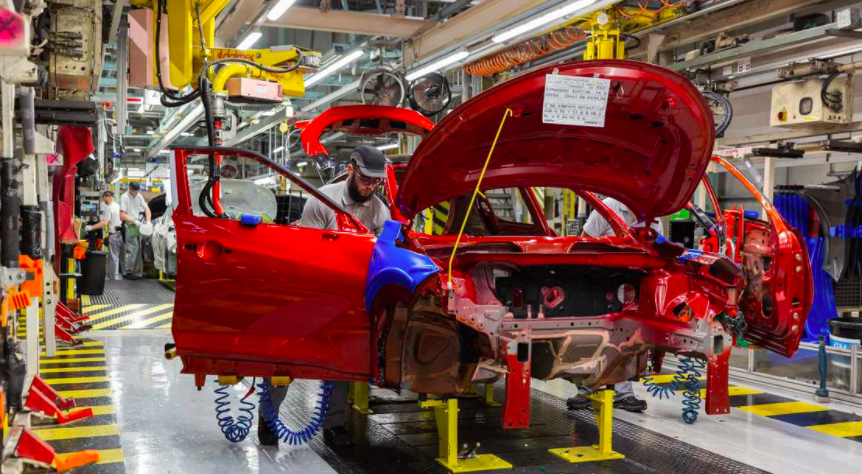
Just touching a little bit more on Malaysia’s role in the semiconductor supply chain meanwhile, the players in this industry locally focus on the ‘back-end’ task of cutting the chips that are to be eventually be found in the end product. The large chip foundries in places like Taiwan and Singapore are instead typically the ones who large silicon wafers and turn them into multiple smaller integrated circuits.
Now getting back to Nissan’s plant closure in Tennessee on the other hand, the Japanese automaker has expects production at Smyrna to resume on the week of August 30th. Going by the situation on the ground here in Malaysia however, it will likely be a minor miracle (or some ingenious supply chain management) for the plant to receive its necessary chips by that date.
